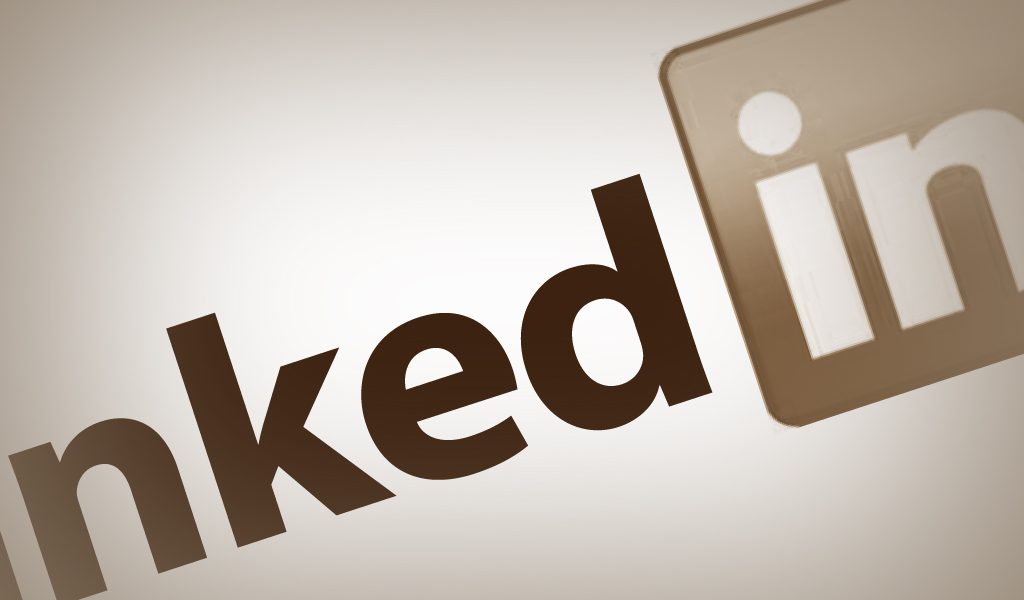
LinkedIn 2.0
The year is 2019, the social media is LinkedIn – where is it going? What will it look like in the future? How much time should you spend on it?
The look and feel haven’t changed much over the last few years. In fact, it has been a very similar set of user-friendly drop-downs for about the last 18 months.
With groups now dead and the news stories flooded with job adverts, the whole ethos of LinkedIn was close to collapsing. It was hardly even a social media. Instead, it was becoming a free-form recruitment site, a forum made for lazy recruiters to share their jobs. The only active users were into self-promotion and publicity.
It’s no surprise that Linkedin’s management were tasked with ‘increasing engagement’. So, over the last year or so, things have started to gradually shift. You’re probably seeing less jobs and more news stories, more opportunities to see news feeds and to be specific with your own news feeds (#hashtags).
For many average linkedin users, the biggest change you’ll notice are the commercial usage restrictions that are plaguing anyone deemed to be a recruiter. How dare you search for people and contacts without paying for it! While there are work-arounds, what it boils down to is that Linked wants £40/month to use their platform for recruitment, no matter how often or how much you actually use it. They are tarring everyone with the same brush – occasional in-house recruiter or full-time rec-con, if you want to search then they want cash. With this, they’ve also restricted the way you search – it’s far harder to find exact matches than ever before.
I think it’s best to look at Linkedin as I see it: a great platform for telling stories and sharing ideas with my network of useful contacts. It’s a huge safety net that lets you use your down time to progress your thinking and grow your network. Just as the rest of the social media world has changed, linkedin is a different beast from a few years back. But it still has plenty of potential for storytelling. I can help you unlock it. I run numerous sessions on storytelling and I am always happy to discuss it further – it’s a partnership thing.
